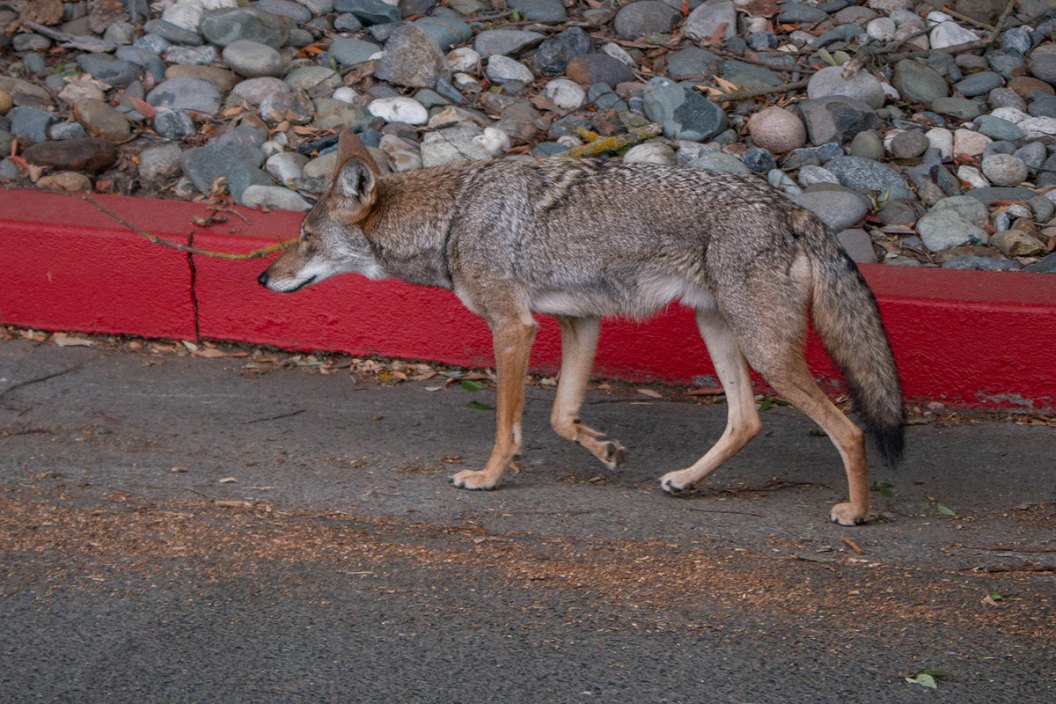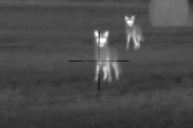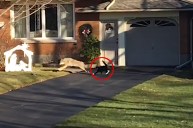Got a coyote problem? Let's turn the tables on those varmints!
The U.S. coyote problem isn't going away any time soon. As local populations grow and expand, their food sources tend to shrink. Before you know it, coyotes that once only roamed far-away woods and fields are hunting residential areas. Pets begin to turn up missing with coyote tracks being the only clue as to where those pets might've gone.
These days, it seems urban coyotes are just as prevalent as rural ones. If this is the case in your neck of the woods, here's how to keep coyotes away from your property for good.
It used to only be those who lived way out in the county who had to worry about things like this. These days, though, there are coyote populations in the middle of cities and some that even live in parking lots of airports. If you don't think you have coyotes near you, we're sorry to report that you're probably wrong.
Now, to be clear, we aren't saying these are the only methods that work. As a matter of fact, coyotes are known to adapt to pretty much any situation. Their adaptation techniques are just part of the reason why they've become so prevalent.
However, a combination of the below, as well as mixing things up a bit, will help in keeping coyotes on their toes.
Fencing
This may seem like a no-brainer for some, but high fencing is actually a very good deterrent. Unfortunately, if you have something a coyote wants inside that fence, they can dig or jump over it. Even something as simple as outside garbage cans or leaving pet food on a porch step for a garage cat can attract these animals, but a good fence can keep them at bay. Some even suggest going as far as putting but barbed wire around the top and bottom of the fencing for better protection, but in a residential area, that probably sends a bad message to your neighbors.
If high fencing isn't an option, and you live in a rural enough area to get away from it, electric fencing can work, too. This is by far the most expensive option, but if you have the money and the desire, it can work.
Sounds
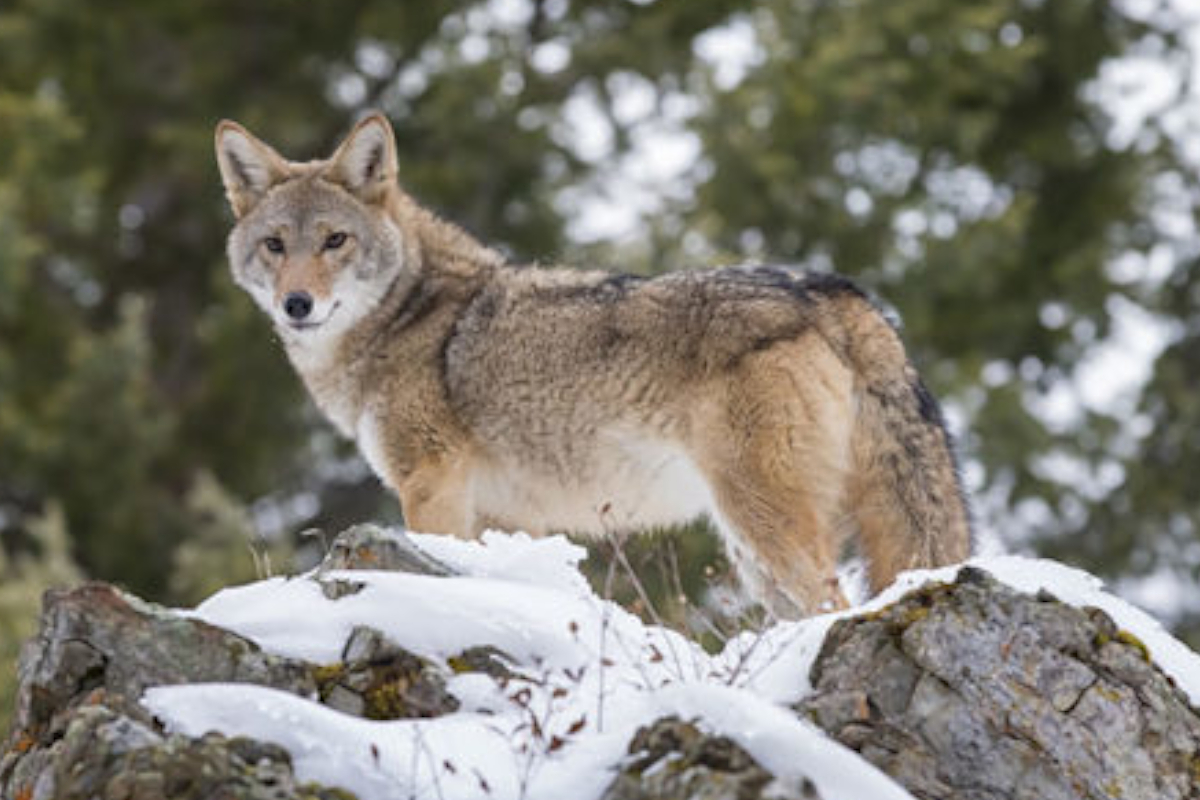
Coyotes are very vocal animals. Often times when a coyote population has high numbers, you hear them all night long. Blasting an air horn when you hear the pack get together will tell them to stay away from your direction.
Another trick some campers use is to play talk radio at night. A hungry coyote wants nothing to do with a human. A natural coyote behavior is to avoid us at all costs. Therefore, if they hear humans talking, they naturally want to avoid that area.
Motion-activated coyote alarms are also a great way to keep coyotes away with minimal effort. These alarms can be placed around the outside edge of property, then when a coyote, or really any animals gets close, a loud alarm is emitted. Again, not sure if this is the best route in a neighborhood or rural setting with neighbors nearby, but it works.
Guard Animals
Donkeys and llamas hate coyotes. They'll actually run them down and kill them. If you have the property or the livestock to keep safe from coyote attacks, one of these guard animals will get the job done.
Typically, this form of animal control works in hurry for most livestock-protection scenarios. Coyotes will still sneak in and take a victim from time to time, but the donkey or llama will get more of them in the long run.
As many farmers where I grew up will suggest, you only need one of these animals to keep coyotes away from a herd. If you have more than one, they can sometimes start to not care as much about protecting the other animals around them and only focus on the other donkey or llama. Plus, it would be also cool to tell people that you have an attack donkey at home, right?
Coyote Repellents
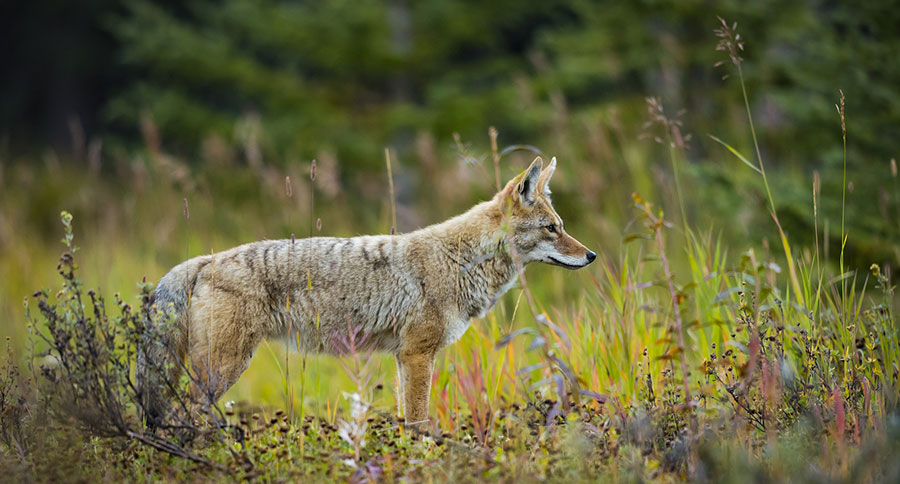
So let's say all of the above still doesn't work. There are a variety of coyote repellents on that market that have shown great success. For example, sprinkling wolf urine around the outside of your property sends strong message to coyotes there's a new alpha dog in town.
There are also some harsh-smelling chemicals you can spray around that keep coyotes away from your yard. They're harmless to humans, but the last thing a coyote wants to be around.
At the end of the day, though, there are just a lot of common-sense ideas that'll help keep coyotes away. For example, keep compost bins out of reach or securely stored. If you have chickens, don't let them run free, but instead put them in a chicken coop before dark.
Securely store your trash cans and don't let them overflow, allowing for an easy meal for a coyote.
Hunting them is also a very effective option if you've got the ability. However, if you don't remove what's attracting them, they're just going to keep coming back.
As you can probably imagine, just implementing a few of these suggestions can go a very long way.
When the time comes and you decide to take matters into your own hands, you can find hunting accessories as BassProShops.com.
Products featured on Wide Open Spaces are independently selected by our editors. However, when you buy something through our links, we may earn a commission.
NEXT: TEXAS IS STILL LOSING THE WAR ON FERAL HOGS
